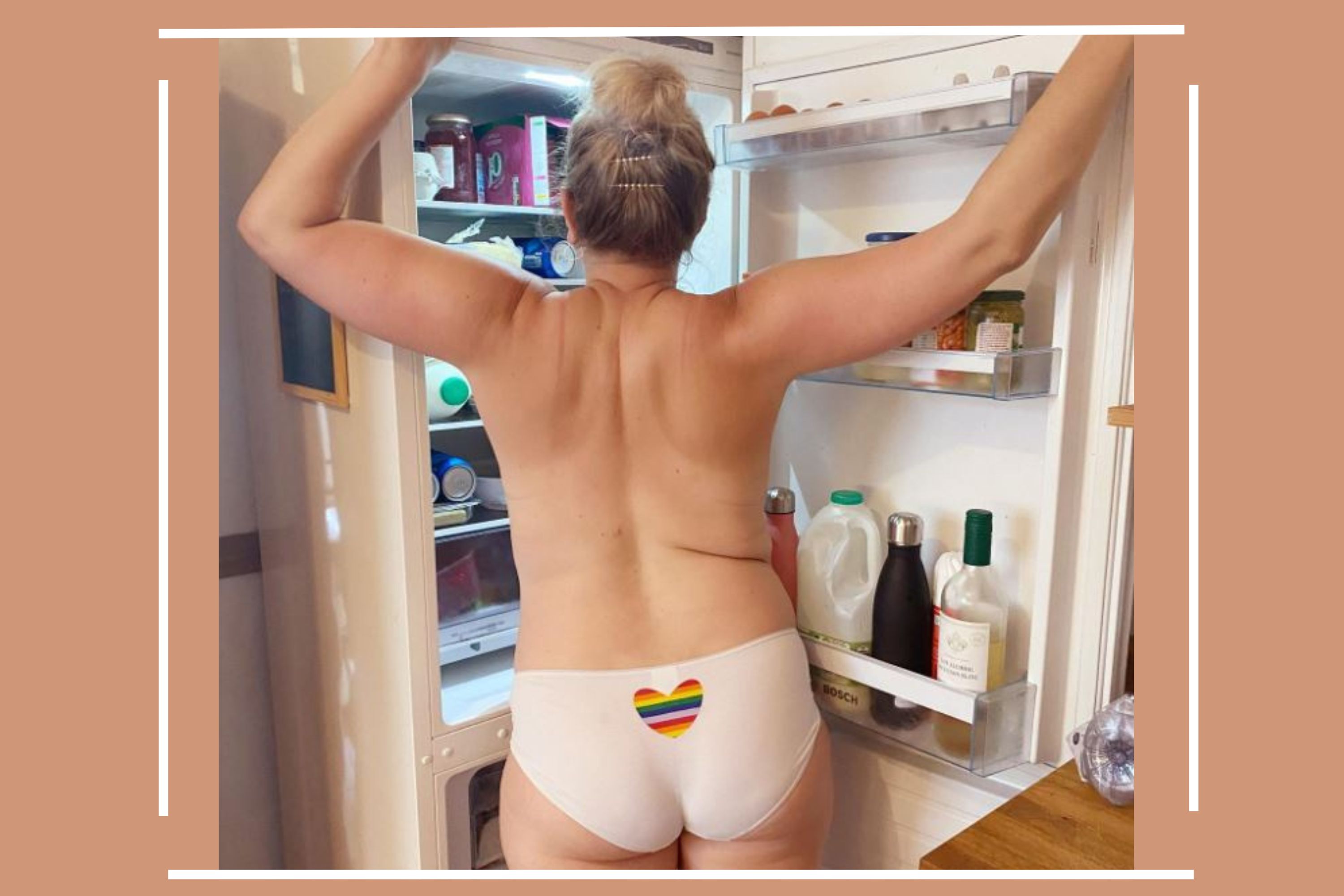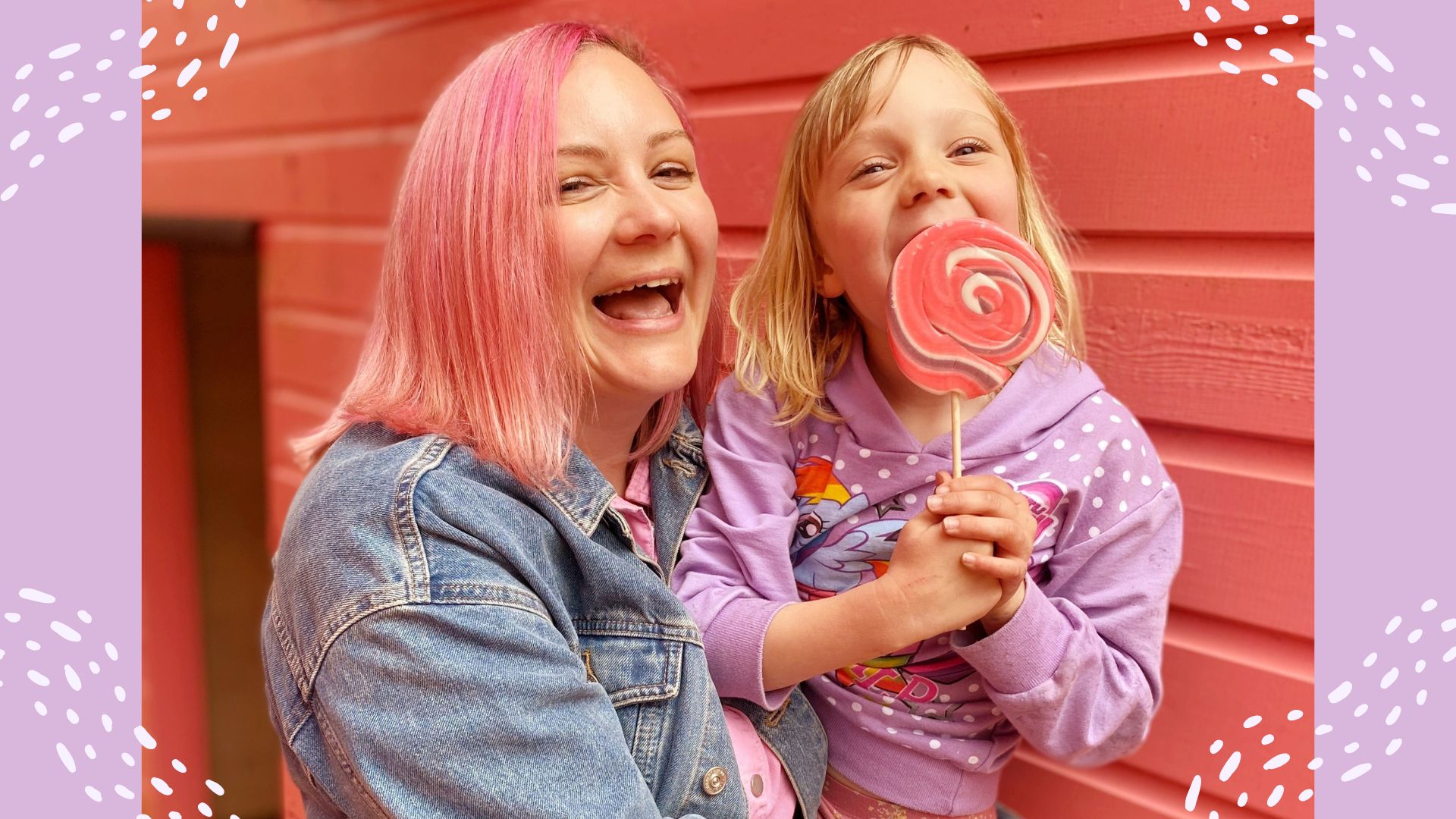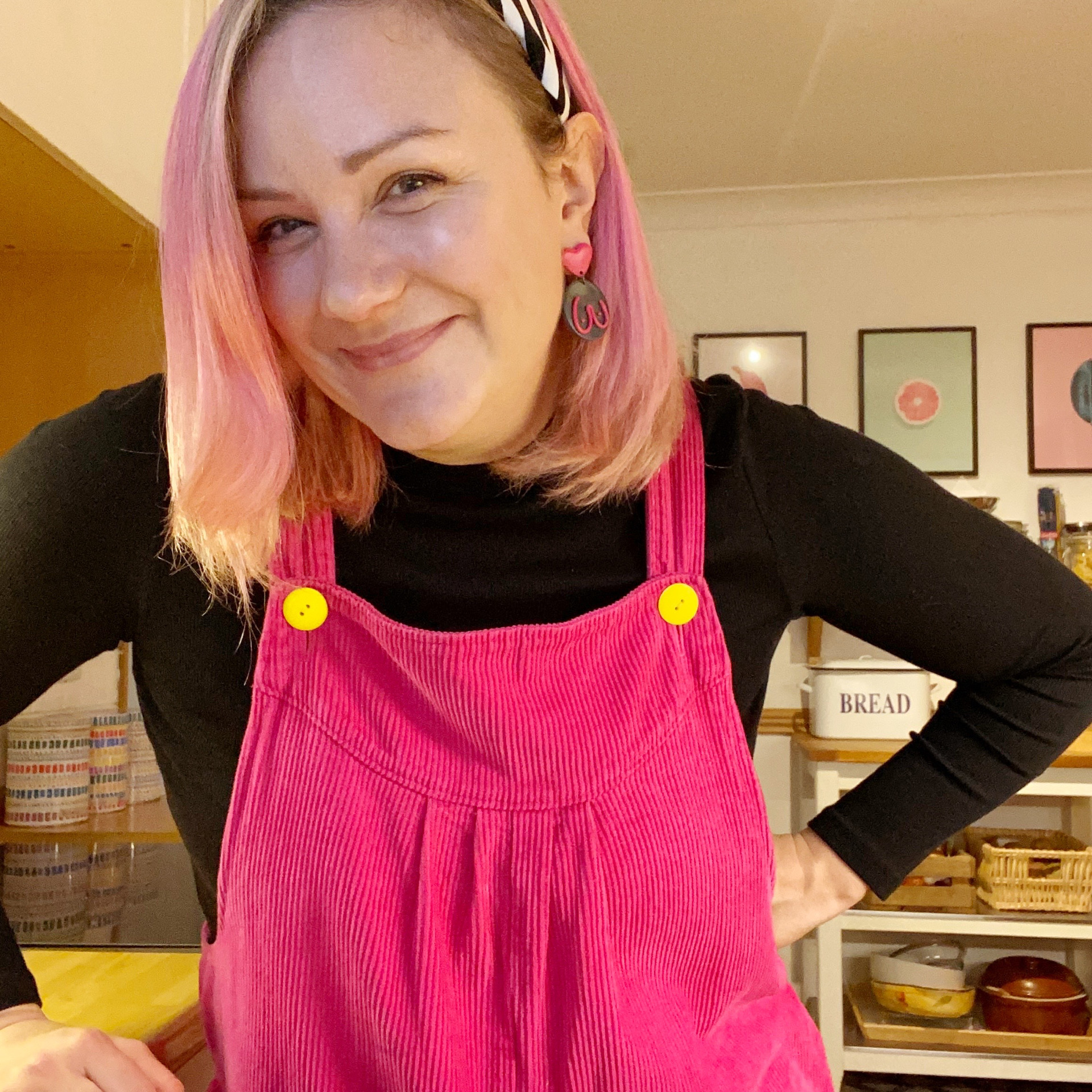'New Year new me' no thanks, I won't be dieting and my reason may surprise you...
New Year new me is a well known thing that many tap into, here's why Molly Forbes won't be taking part


Parenting advice, hot topics, best buys and family finance tips delivered straight to your inbox.
You are now subscribed
Your newsletter sign-up was successful
'New Year new me' is a tired well-known narrative with an estimated 26 million people kick-starting diets in January. Well, I won’t be one of them. And my reason isn’t as straightforward as you might think….
I was 17 when I first joined the New Year New Body diet bandwagon. Along with going to the pub and having a mobile phone I thought diets were another adult thing that people just did. This pattern continued for around 15 years before I realised it was one social norm I didn’t need to follow – and it was all down to becoming a mum.
New Year, new me? No thanks.
“Why are you weighing spinach?” - My eldest daughter was just a tot when she asked why I was weighing spinach, and I didn’t have a rational answer for her. “Because Mummy wants to wear a bikini on holiday, and only people with flat stomachs can wear a bikini”, didn’t seem like the kind of message I wanted to pass on to my five-year-old. And so, I gave up the diet.
Hidden behind the New Year weight loss tips are some terrifying stats that don’t get the same amount of column inches. Most recently, research revealed 7 out of 10 children across the weight spectrum is trying to lose weight. The number of pre-teens seeking treatment for anorexia has more than doubled in the last decade – and more children than ever before are trying to access eating disorder services.

The way we talk about food impacts the way children feel about their bodies. Various studies have found children whose parents talk about diets are more likely to diet themselves, while studies show that 34% of girls are on a diet by the age of five and kids as young as three already think fat = bad.
Ironically, the science also shows that children who feel bad about their bodies are less likely to treat them with kindness. Teens who have poor body image are more likely to smoke, try alcohol, bunk off PE and engage in disordered eating. Diet culture, anti-fat bias, unrealistic beauty standards and over-simplified ideas of health are making our kids sick. They deserve better, and so do we.
A better way
Parenting advice, hot topics, best buys and family finance tips delivered straight to your inbox.
When I first gave up dieting, I realised I’d spent so many years following rules about what to eat or how to exercise that I’d forgotten how to listen to my body. It took a while, but eventually I worked out that eating intuitively and having a healthy relationship with food was far better for my health than jumping on and off the restrict – binge – restrict diet bandwagon. I also worked out that I could move my body for how it made me feel rather than how it made me look. Movement became a tool for joy instead of a tool to shrink myself.
A post shared by Molly Forbes (@mollyjforbes)
A photo posted by on
Diets tell us we can’t trust our bodies, and that we need to follow external rules to “be healthy”. They ignore the fact there are over 100 things which influence a person’s weight, and many of these – like genetics - are out of our control.
Diets don’t work
Most people give up on their diets by mid-January (studies show the exact date is between 12th and 19th January and the exact number of quitters is around 90%). This isn’t a reflection of a lack of collective willpower, but an indictment of the diet industry itself whose whole business model is based on a revolving door policy.
Diets don’t want us to know that the process of weight cycling (the weight gain and loss that comes with yo-yo dieting) causes higher weight gain long term and is independently bad for our health. Or that many of the poor health outcomes blamed on weight can be attributed to weight stigma (the discrimination of fat people) and weight cycling rather than the weight itself. Diets just want us to think they have the magic bullet to all our problems: eat X and do Y exercise and Ta Da! You’ll have a new body and your life will be shiny Insta-perfection. It’s all a lie.
And that’s why I’m not going on a diet this year. Who’s going to join me?
Related features:
- What healthy eating REALLY looks like and how to talk to kids
- Does my child have an eating disorder?
- Where do kids eat free near me?
Video of the Week:

Molly Forbes is an author, campaigner, non-profit founder and public speaker. As well as writing about body image and children, Molly runs The Body Happy Organisation, hosting workshops for schools on positive body image and mental health.